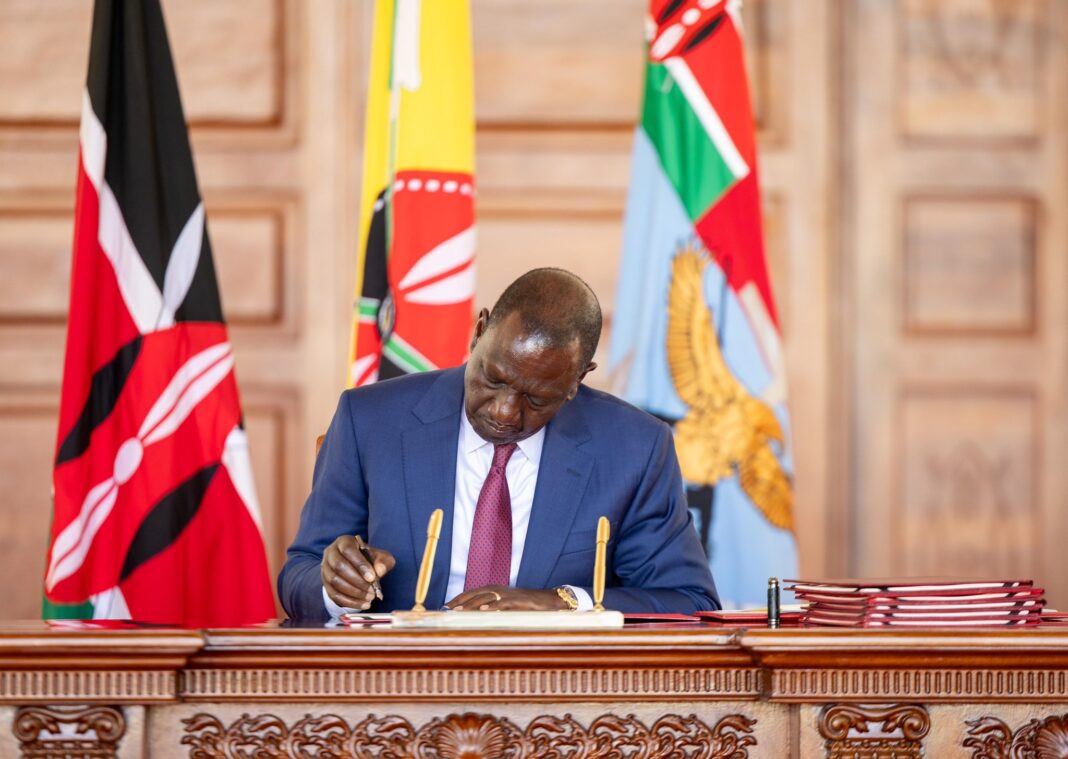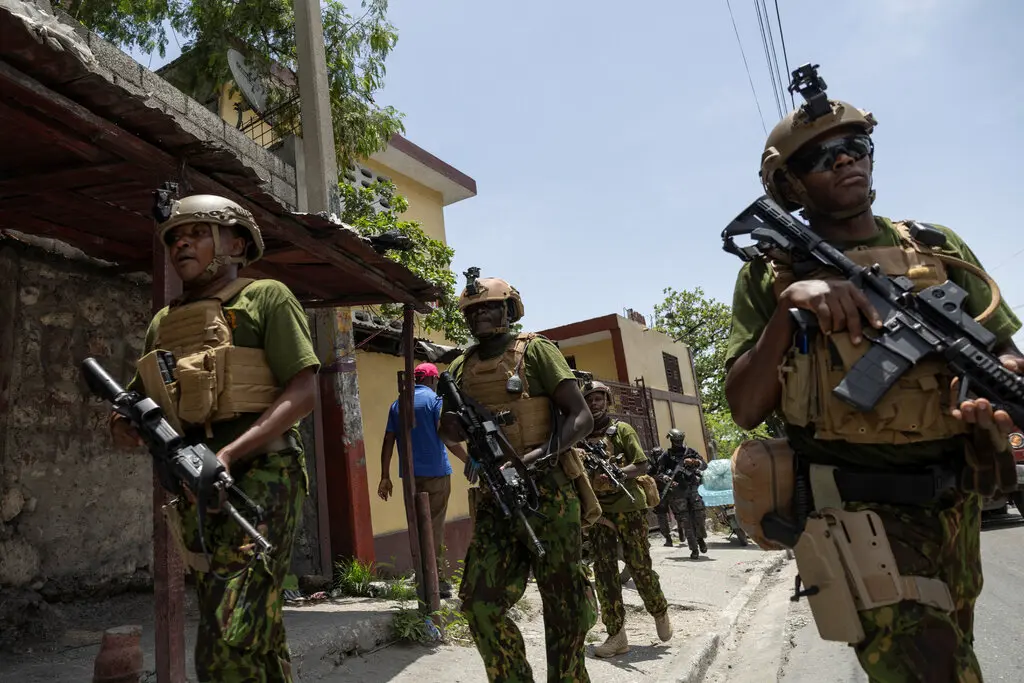The United States government has destroyed contraceptives worth over Ksh 1.25 billion (USD 9.7 million), most of which were destined for African nations including Kenya, Tanzania, DRC, Mali, and Zambia.
The decision—quietly confirmed by the U.S. State Department—has triggered outrage among global health experts, feminists, and rights groups. With 77 percent of the contraceptives earmarked for Africa and expiration dates far in the future, critics say the U.S. has chosen ideology over lives, plunging millions of women and girls into a looming reproductive health crisis.

U.S Destroys Contraceptives as Rights Groups Warn of Looming Health Catastrophe
In a decision that appears politically motivated and morally negligent, the U.S. incinerated a massive stockpile of contraceptives that could have protected millions of women across Africa from unintended pregnancies and unsafe abortions. These weren’t faulty or expired medical supplies—they were fully packaged, approved, and viable until at least 2027, with some products good through 2029.
The International Planned Parenthood Federation (IPPF), which had originally coordinated the logistics for delivering the supplies to Africa, offered to redistribute the products at no additional cost to U.S. taxpayers. Still, the offer was rejected.
The U.S. State Department confirmed the destruction in July, citing legal restrictions on funding or partnering with organizations that support abortion-related services overseas. As a result, no “eligible buyers” could be identified. But health and human rights groups say that’s just diplomatic doublespeak for enforcing the Global Gag Rule—an old policy tool used to suppress abortion advocacy and funding.
Even more infuriating is where the incineration took place: in France, a country that has legalized abortion for decades. “This is extreme waste and deliberate denial of healthcare,” said Marie Evelyne Petrus-Barry, IPPF’s Africa regional director. “It’s unjustifiable, especially when so many of these countries are grappling with healthcare shortages.”
Kenya Faces a Reproductive Health Crisis as Supplies Vanish
Kenya was the single largest intended beneficiary of the now-destroyed contraceptives. Over 108,000 Kenyan women were supposed to receive long-term contraceptive implants. Now, they are left with nothing.
“There is already a 46 percent funding gap in Kenya’s family planning budget,” said Nelly Munyasia, Executive Director of the Reproductive Health Network Kenya. “With stockpiles of long-term contraceptives running out, we are staring at a reproductive health crisis.”
The impact on adolescent girls is even more disturbing. Kenya already grapples with high teen pregnancy rates—nearly 1 in 5 girls aged 15 to 19 are pregnant or already mothers. With the contraceptives destroyed, many more are expected to fall through the cracks of an underfunded system.
Unsafe abortions, which are already among the top five causes of maternal death in Kenya, are projected to rise. Despite Kenya’s 2010 Constitution allowing abortion in certain life-threatening circumstances, the Penal Code—unchanged since 1963—still criminalizes it. This legal contradiction makes doctors afraid to provide care, even when women’s lives are at risk.
Meanwhile, PS Ouma Olunga, a senior health official in Kenya, had only recently received contraceptive commodities during a public ceremony in June. Now, the country’s supply chain is once again on life support.
Africa-wide Repercussions as Millions Left Without Contraceptives
While Kenya is taking a hard hit, other African nations are also facing major losses. According to IPPF data:
- Tanzania will miss out on more than 1 million injectable contraceptives and 365,100 implants—about 28 percent of its annual need.
- Zambia stands to lose 295,000 injectables and 48,400 implants.
- Mali will go without 1.2 million oral contraceptives and almost 96,000 implants.
- The DRC, already in a state of humanitarian emergency, will face further devastation in its overstretched health system.
This decision is expected to lead to over 174,000 unintended pregnancies and 56,000 unsafe abortions across the five countries. The numbers are conservative, experts say, because they do not account for ripple effects in communities already struggling with limited healthcare access.
For many women, contraceptives aren’t just a tool for family planning—they are a lifeline. They allow girls to stay in school, women to space their pregnancies safely, and families to climb out of poverty. Destroying them is not just wasteful; it’s a denial of dignity and basic rights.


